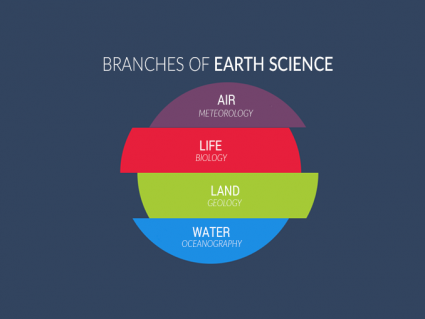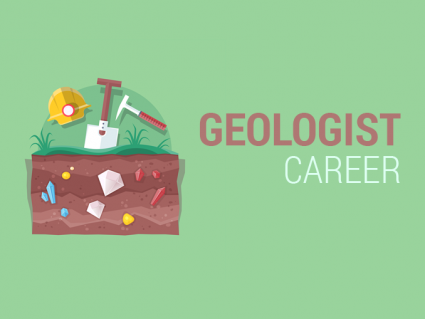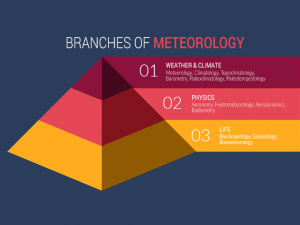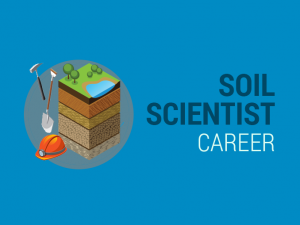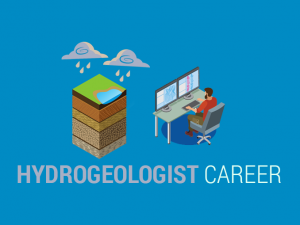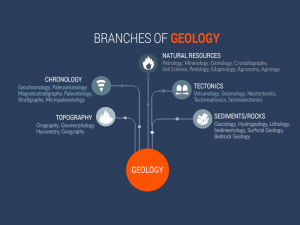Geology Field Camp – What To Look For
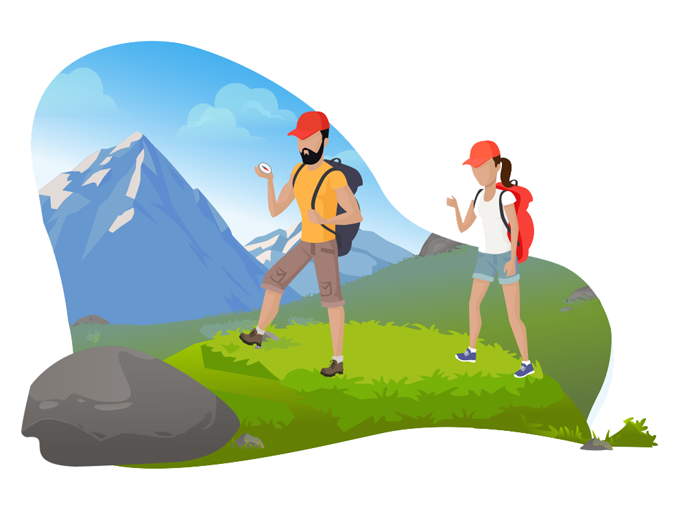
What is a field camp?
For aspiring geologists, a field camp is where you put everything you’ve learned together in an intensive field campaign. You connect your geology coursework with the stratigraphy, structure, and petrology outdoors.
If you want to be a geologist, a field camp is a much-needed way to gain valuable experience in the field. Employers look for it as it’s often one of the single most important classes geology students take.
Prospective geologists endure long hours and treks through challenging landscapes usually in 4-6 weeks term. The main focus is on the tectonic, stratigraphy, and geological history of a region. Depending on your area of expertise, a field camp may be the capstone to your undergrad career.
It’s the best way for you to know that you have all the right tools and knowledge before becoming a full-fledged geologist.
Location, location, location

As the saying goes – location, location, location. Location can be the most critical deciding factor for a field camp. Because there’s only so much you can do with your local geology, it can limit the type of geology, fossils, and stratigraphy for your personal experience.
What types of rocks can you study in the area? Take a look at the underlying geologic formations for the field camp region. Think about the variety and structure of igneous, metamorphic, and sedimentary rocks. Will you experience diverse sequences for the types of rocks?
If that doesn’t matter too much, then what type of location do you prefer? Do you want to trek through a more rugged mountainous terrain? This requires you to be in good physical condition.
There’s a lot to consider in location. Do you want to emphasize sedimentology, petrology, or structure? How does the region relate to your area of interest? A field camp in Arizona is not the same as one in Hawaii.
Learning and physical environment
Each field camp varies based on the university and program of study. For example, some may have designated field stations with drinking water, air conditioning, and a place to shower. It can have a designated cook with laundry facilities.
But others might be a bit more primitive where you camp every night without access to the necessities. You may have to cook your own meals which can take time away from your studies.
You’ll likely be involved in a mix of group and independent activities. It can include senior-level undergrads to entry-level geology enthusiasts with different skill sets.
Teachers will keep a close eye to make sure students don’t wander too far off the beaten path. After all, you can be a liability depending on the environment you’re in.
Build field camp skills

Besides tying all your classwork to fieldwork, you can also pick up new skills. For example, you will develop skills in using a GPS, making field notes, and creating cross-sections.
Geographic Information Systems (GIS) incorporates map making with modern-day computing and drafting. Field camps are an opportunistic way to leverage GIS mapping in the field of geology and field camp.
Finally, you have to document field results for your final reports. Assignments often include an emphasis on detailed rock descriptions and field mapping.
Depending on the field camp, they can be geared toward engineering, mining, or geophysical techniques.
What to bring
Pack light, and pack inflatables whenever you can.
- Hiking boots – Before you start your field camp, try hiking in the boots before you start.
- Water bladder/hydro flask – When you are hiking, this is so you don’t get dehydrated.
- Geological notebook – You want the one that is water-resistant.
- Towel holder – Yes, you will sweat in the field so a microfiber towel works best to dry it up.
- Fanny packs – Although they’re not stylish, fanny packs are incredibly useful for holding your compass, notebook, and any rocks you pick up on the way.
- Sleeping bag – Synthetic works best because it’s easier to dry if wet. If you stay in a cabin, this doesn’t matter as much.
- Hat – This helps against sunburn. Get one that preferably one that covers your ears.
- Inflatable pillow – It’s easier to blow up your pillow and deflate it in the morning.
- Backpack – You need a large size backpack (such as 24L) that has support at the hips and shoulders.
- Rain jacket – Gortex and breathable often work best for rain gear.
- Breathable pants – Pants often work better than shorts with extra pockets often coming in handy.
- Compass – When you’re out in the middle of nowhere, a compass is an easy way to get your bearings.
- GPS – This gives you precise positioning to know where you are currently located and where you are going.
- Inflatable solar lamp – At night, this is good if you are camping without any source of light.
Field Camps – The final word
If you want to be a full-fledged geologist, field camps are a much-needed way to gain valuable experience in geology. Some employers look at your field camp experience and know you can ensure some of the hardship they will put you in.
But selecting a field camp is not an easy task. As mentioned, you need to consider individual factors like location and the learning environment.
We’ve provided some advice to get started. But don’t be afraid to reach out to geologists who have just returned from a field camp. Learning from their holistic experience can help you decide what you’re looking for in a field camp.
Have you ever done a field camp? We would love to hear from you! Tell us about your experiences in the comments below. You can really help other enter-level geologists.



